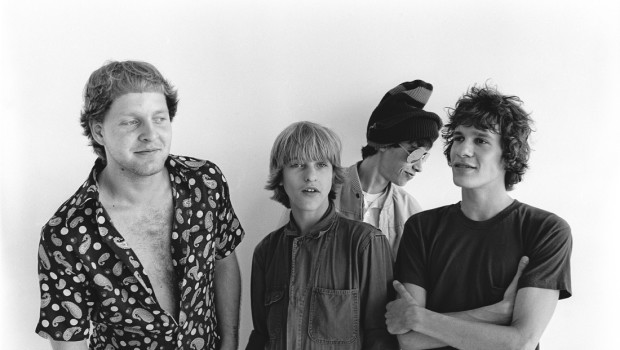
FROM PUNK ROCK TO PAGE-TURNER: The Replacements’ Hoboken Story
(ABOVE: Greg Helgeson photo)
by Mike Cimicata
images courtesy of Bob Mehr/Da Capo Press
Rooted in the urgency and DIY spirit of punk rock, but with melodic gifts far exceeding anyone’s expectations of four kids from Minneapolis without a high school diploma or a driver’s license between them, The Replacements were both overachievers and underachievers, becoming one of the most beloved and influential bands of the 1980s, though not among the most commercially successful.
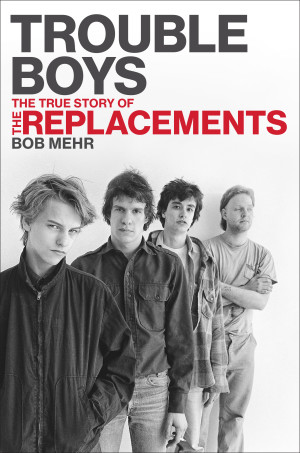 The group’s turbulent history, along with their many ties to Hoboken, will be celebrated with conversation and music in an event for Bob Mehr’s universally praised new biography, Trouble Boys: The True Story Of The Replacements (Da Capo Press), at Hoboken’s Little City Books this Saturday, June 4.
The group’s turbulent history, along with their many ties to Hoboken, will be celebrated with conversation and music in an event for Bob Mehr’s universally praised new biography, Trouble Boys: The True Story Of The Replacements (Da Capo Press), at Hoboken’s Little City Books this Saturday, June 4.
Often inspiring, always unpredictable, The Replacements aroused rabid fandom in those who related to their everyday personalities. “Who The Replacements were as people, what they were in real life – that was all there in their music, in their shows, in what they gave to the audience,” says Mehr.
“On an instinctive level, Replacements fans knew they were getting something real – something beautiful, something damaged, but something genuine – whenever they listened to or saw them.”
Equal parts humor and rage, The Replacements’ early independent albums were too shrill for the mainstream, too casually funny for the hardest of the hardcore. As frontman Paul Westerberg’s songwriting matured, classic albums like Let It Be and Tim brought the band critical notice, but subsequent should’ve-been-hits like “Alex Chilton” and “I’ll Be You” stalled on the way to the hit parade.
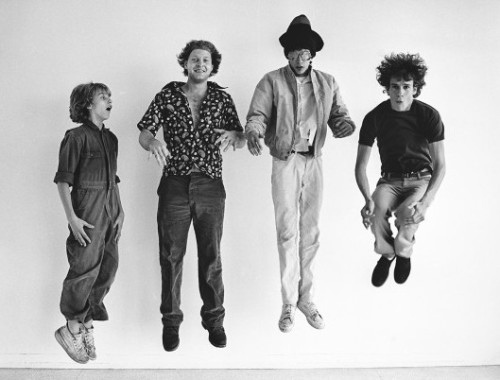
Greg Helgeson photo
While very much a product of their Midwestern origins, a chunk of their legend was burnished here in Hoboken. “Maxwell’s definitely was a favorite place for The Replacements,” says Mehr. “When Warner Bros. wanted to capture the band for a live album in ’86 – it’s still in the label vaults – the band chose to do it at Maxwell’s.
“In ’89, at the peak of the band’s chart success, they decided to do a secret last-minute show, and did it at Maxwell’s. I think they always had an affinity for that room and the environment that [former Maxwell’s owner] Steve Fallon created.”

The Replacements’ Paul Westerberg with author Bob Mehr. (photo by Bob Medcraft)
Mehr will be joined in conversation at Saturday’s event by longtime Hoboken resident Michael Hill, who signed The Replacements to Sire Records in 1985, well before the likes of R.E.M. or Red Hot Chili Peppers got their shots at the brass ring.
“The first time the band played gigs in the NYC area in the spring of ’83,” Hill recalls, “all but Paul Westerberg stayed at this house at, I believe, 7th and Garden, where Ira Kaplan, Georgia Hubley [both of Yo La Tengo] and various others lived. Every day while the ’Mats were in town, I would step over at least one of them, usually Bob, asleep on the living room floor all day. I don’t think Bob ever left the floor, except to play the gigs.
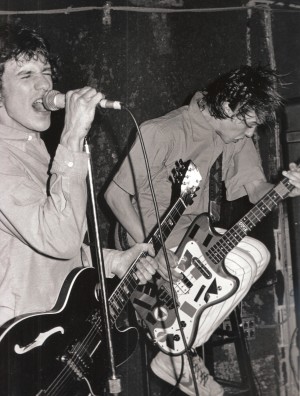
Greg Helgeson photo
“My biggest association with the band and Hoboken is inviting manager Peter Jesperson, and maybe Paul too, up to my railroad apartment on 10th and Park,” Hill continues. “I was just starting out as an A&R guy and Peter played me a bunch of unreleased songs he kept on cassettes in a briefcase, including a beautiful ballad called ‘You’re Getting Married.’ That was the moment when I became committed to trying to get them on the label, one of those boozy late nights when the music felt so important, exciting and new. I still think about that night whenever I walk past that building.”
Saturday’s event will also include live performances of Replacements songs by Freedy Johnston, Jennifer O’Connor, Dave Schramm, Glenn Morrow’s Cry For Help and The Dead Wicks – a number of whom were active musicians in town when The Replacements frequented Maxwell’s and even scarfed pizza from Benny Tudino’s, as evidenced by a 1983 photo shoot.
While The Replacements’ story has been told before, Mehr’s exhaustively researched tome is the only book assembled with the participation of the group’s principles, singer/songwriter/guitarist Paul Westerberg and bassist Tommy Stinson (the latter of whom spent much of the last two decades in Guns N’ Roses), both of whom granted countless interviews yet did not request approval over the finished manuscript.
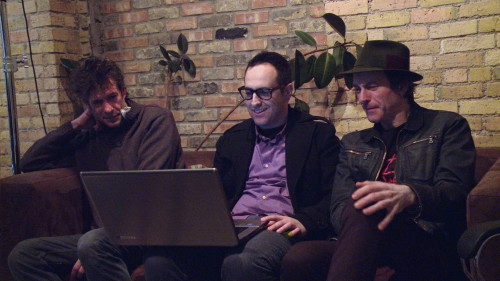
Westerberg, Mehr and Stinson (Bob Medcraft photo)
“I only wanted to do this book with their direct input,” explains Mehr. “Any actual trust on the band’s part probably came later, once they saw, year after year, the work I was putting in as I interviewed hundreds of people and went through various record company archives. They saw I was taking the job, the band and its legacy very seriously, and so I think they responded in kind by being really candid and forthcoming with their input and recollections.”
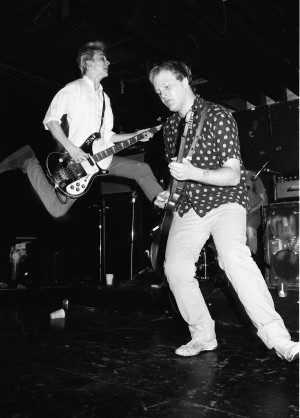
Steve Linsenmayer photo
That the group chose the era while Mehr was deep into his research to reunite for their first shows in more than 20 years proved fortuitous. “Timing was everything,” says Mehr.
“Enough time had passed since the band’s breakup in ’91, and [guitarist and Tommy’s brother] Bob Stinson’s passing in ’95, that Paul and Tommy were finally ready to really grapple with this thing they had lived and experienced. As you read the book, you can understand why it might have been painful or difficult to revisit some of that history and why they were hesitant and guarded for so long. I think, in a way, they needed to do it once and for all for themselves – to tell their story honestly.”
As highly regarded as they are now, the band never quite connected with the mainstream during their original run. “Paul says it best in the book – they were ten years behind their time and five years ahead,” says Mehr. “You could see a band like The Replacements fitting in perfectly alongside groups like The Faces, Mott The Hoople or Slade a decade earlier. And you could see them having had a much easier road finding commercial and radio success just a few years later amid the alt-rock boom. But you don’t get to choose your moment in time – and The Replacements weren’t an easy sell in the era that they were at their peak.
“Part of me thinks their higher profile in the last few years – selling out massive shows on the reunion tour, and getting nominated for the Rock and Roll Hall of Fame – means that they finally have started to get their due. But the other part of me thinks it’s fine if they’re the perpetual underdogs for the rest of time. I didn’t write the book with the idea of elevating them and getting them placed in the pantheon. I think the music, the songs, the albums and their influence over the years make them worthy of that.
“I just wanted to tell an interesting and important human story. I hope in some small way, Trouble Boys isn’t just about a rock and roll band, but a book about life. And life is never any one thing, it can’t be reduced to a single word or description – and that’s definitely true of The Replacements.”
The event this Saturday at Little City Books (100 Bloomfield St., Hoboken) begins at 8 p.m. Admission is free, but space is limited, and those who purchase Trouble Boys in advance at Little City will be admitted first.
*******
Mike Cimicata is a producer for The Orchard, a subsidiary of Sony Music Entertainment. A longtime Hoboken resident and the city’s longest continuously running indie/alternative DJ, his next gig is Friday, June 17, at 9 p.m. at DC’s Tavern.

 Previous Article
Previous Article Next Article
Next Article FEATURED PROPERTY: 20 Hillcrest Road, Glen Ridge, NJ; 6BR/3.5BA — $1,249,000
FEATURED PROPERTY: 20 Hillcrest Road, Glen Ridge, NJ; 6BR/3.5BA — $1,249,000  VERDICT: Yeah, You Can Pretty Much See the East River Fireworks From Hoboken
VERDICT: Yeah, You Can Pretty Much See the East River Fireworks From Hoboken  Man Allegedly Tries to Steal Ambulance From Hoboken University Medical Center
Man Allegedly Tries to Steal Ambulance From Hoboken University Medical Center 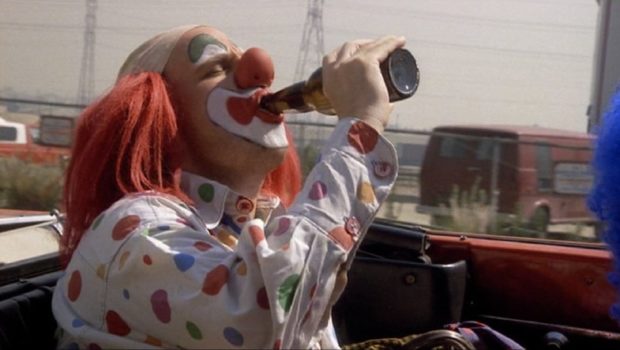 DON’T GO ANYWHERE: Hoboken’s Traffic & Transit Goodie Bag Hands Out the Same Ol’ Prizes This Weekend
DON’T GO ANYWHERE: Hoboken’s Traffic & Transit Goodie Bag Hands Out the Same Ol’ Prizes This Weekend  POLE POSITION — Hoboken’s New Pain in the Bollards
POLE POSITION — Hoboken’s New Pain in the Bollards 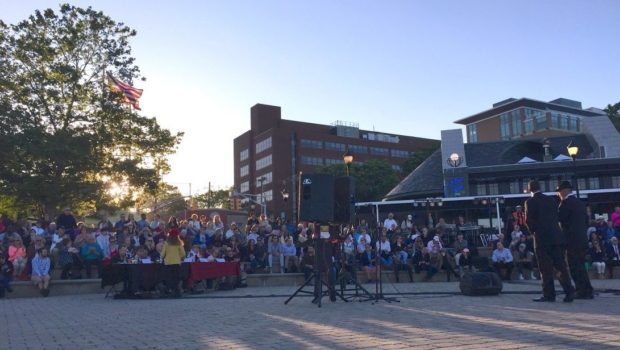 Fridays Are For Frank: “I’ve Got You Under My Skin” — Sinatra Idol 2016
Fridays Are For Frank: “I’ve Got You Under My Skin” — Sinatra Idol 2016  WICKED: Halloween Weekend Weather Looks Pretty Ghastly
WICKED: Halloween Weekend Weather Looks Pretty Ghastly 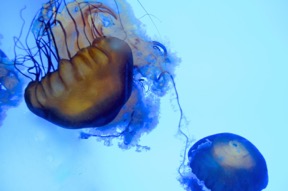 “Color Line Form” Exhibit at hob’art gallery — October 16 through November 8
“Color Line Form” Exhibit at hob’art gallery — October 16 through November 8